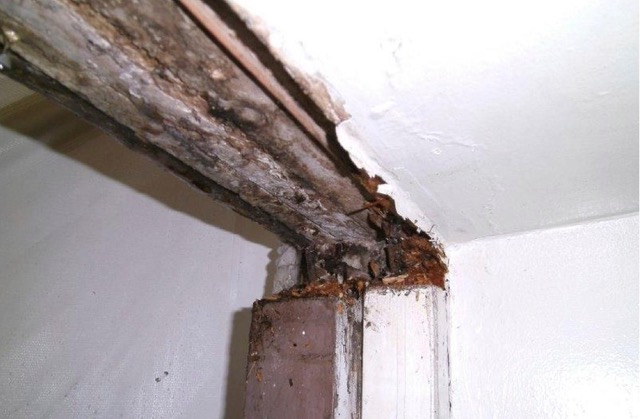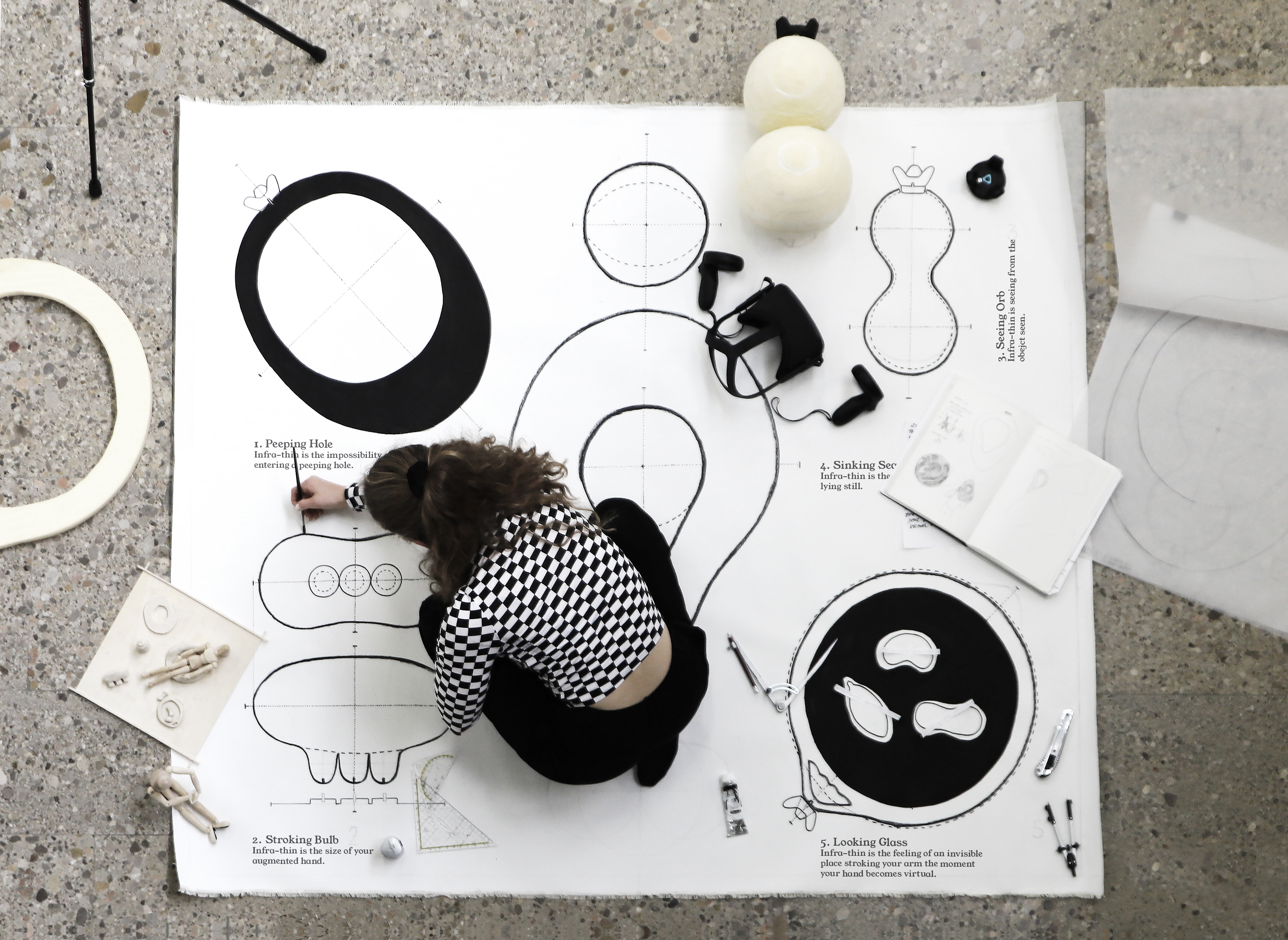PAST TALKS 2021
16 November 2021
ANNA LIVIA VØRSEL
KTH/TACK network
Respondent: Maryia Rusak (The Oslo School of Architecture and Design)
![]()
* * *
Exploring the Infra-thin:
PAULA STRUNDEN
ABKW/TACK network
Respondent: Adam Jasper (gta, ETH Zurich)
![]()
This project examines tacit knowledge in architecture from a somatic, affective, and emotional perspective and probes how to convey non-quantifiable embodied architectural knowing in digital design processes. By constructing interactive extended reality (XR) mock-ups, it addresses how to incorporate soft design factors – understood here as qualitative and partly subjective multi-sensory spatial experiences – in contemporary computer-aided architectural design and decision-making processes. Finally, it aims to distil a set of tacit design methods based on a sensory index that can potentially be applied in architects' digital workflows.
In this talk, I will discuss the on-going and open-ended experiment “Exploring the Infra-thin” (2020), invoking Duchamp’s neologism inframince. The XR experience consists of five physical/digital objects, leading the audience to explore the immeasurable gap between perception and imagination. By interacting with a family of hybrid artefacts that exist simultaneously in the physical and digital realm, that can be touched, moved, smelled, and listened to, the question will be raised to what extent the three-dimensional phenomenal space is merely a construction of our brain.
Becoming Evident:
Material forms of knowing
ANNA LIVIA VØRSELKTH/TACK network
Respondent: Maryia Rusak (The Oslo School of Architecture and Design)

Photograph of window frame in apartment in Fittja,
Stockholm, from building inspection prior to renovation. Image: Spridd
The PhD project, titled Becoming Evident: material forms of knowing, looks at the material, economic, bureaucratic and social history of buildings through ‘events’ and material ‘stutters’: renovations, restorations, conversions, and shifts in materiality, ownership or value. Through a material engagement with sites of Swedish post-war housing, it addresses the problem of financialization and aims to examine the different actors, agencies, and motivations embedded in these shifts and ‘stutters’. By engaging with materials and the knowledge they carry through the notion of the ‘event’ and the operative concept of the ‘Material Witness’the research questions how different forms of knowledge materialise in artefacts, what knowledge have, and is given validity, and who or what can carry it. The PhD research is part of the Marie Sklodowska-Curie Action project ‘TACK / Communities of Tacit Knowledge: Architecture and its Ways of Knowing’.
The PhD project, titled Becoming Evident: material forms of knowing, looks at the material, economic, bureaucratic and social history of buildings through ‘events’ and material ‘stutters’: renovations, restorations, conversions, and shifts in materiality, ownership or value. Through a material engagement with sites of Swedish post-war housing, it addresses the problem of financialization and aims to examine the different actors, agencies, and motivations embedded in these shifts and ‘stutters’. By engaging with materials and the knowledge they carry through the notion of the ‘event’ and the operative concept of the ‘Material Witness’the research questions how different forms of knowledge materialise in artefacts, what knowledge have, and is given validity, and who or what can carry it. The PhD research is part of the Marie Sklodowska-Curie Action project ‘TACK / Communities of Tacit Knowledge: Architecture and its Ways of Knowing’.
* * *
Exploring the Infra-thin:
Design-led Research in
XR
PAULA STRUNDENABKW/TACK network
Respondent: Adam Jasper (gta, ETH Zurich)

This project examines tacit knowledge in architecture from a somatic, affective, and emotional perspective and probes how to convey non-quantifiable embodied architectural knowing in digital design processes. By constructing interactive extended reality (XR) mock-ups, it addresses how to incorporate soft design factors – understood here as qualitative and partly subjective multi-sensory spatial experiences – in contemporary computer-aided architectural design and decision-making processes. Finally, it aims to distil a set of tacit design methods based on a sensory index that can potentially be applied in architects' digital workflows.
In this talk, I will discuss the on-going and open-ended experiment “Exploring the Infra-thin” (2020), invoking Duchamp’s neologism inframince. The XR experience consists of five physical/digital objects, leading the audience to explore the immeasurable gap between perception and imagination. By interacting with a family of hybrid artefacts that exist simultaneously in the physical and digital realm, that can be touched, moved, smelled, and listened to, the question will be raised to what extent the three-dimensional phenomenal space is merely a construction of our brain.